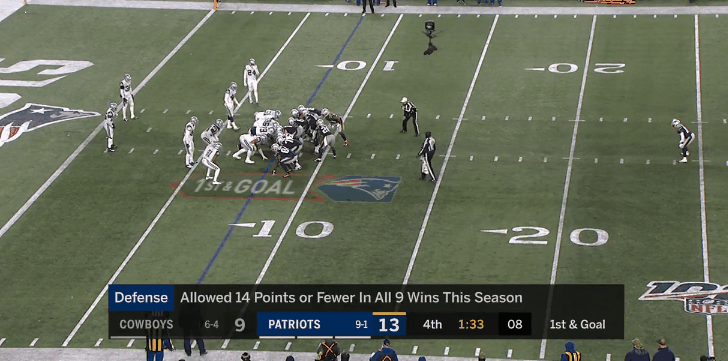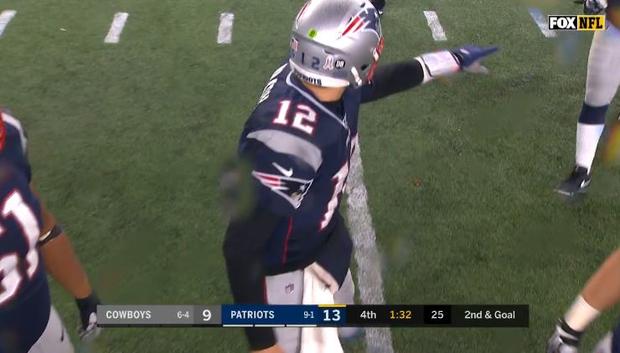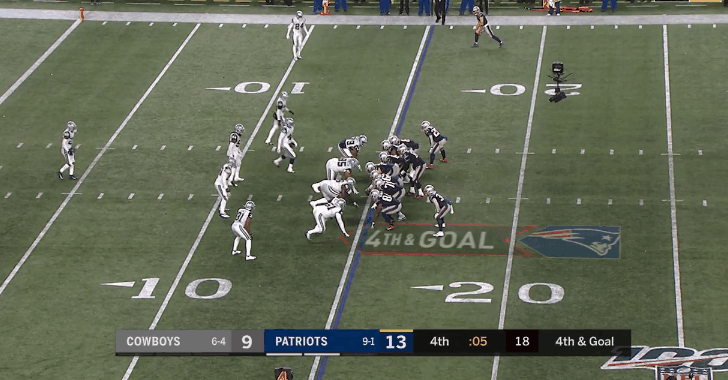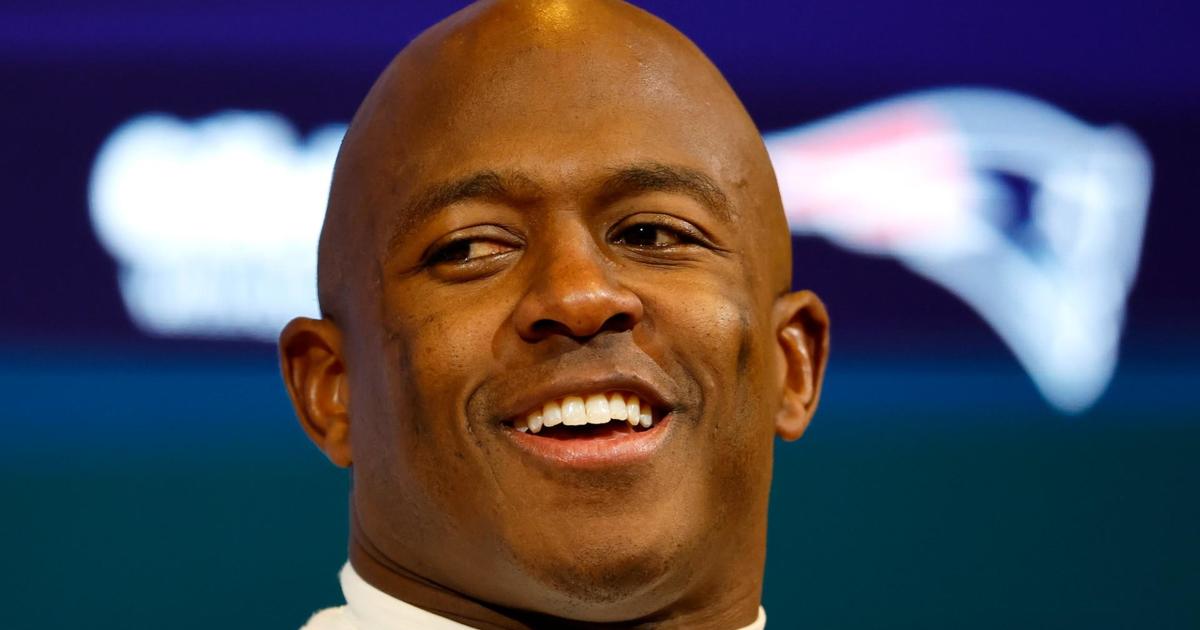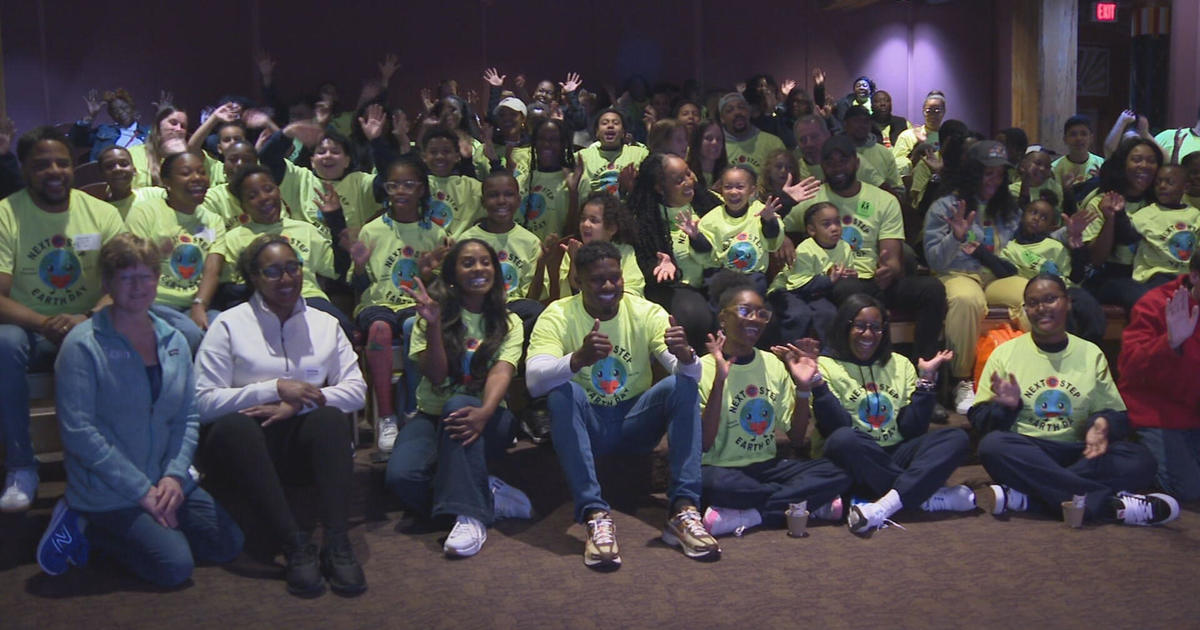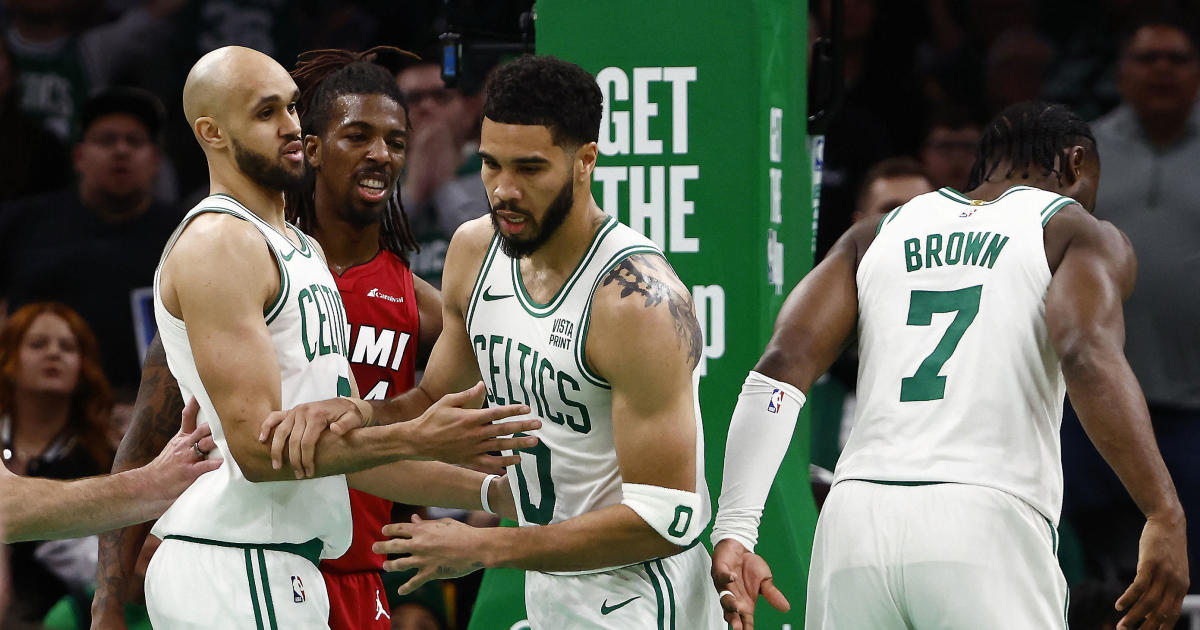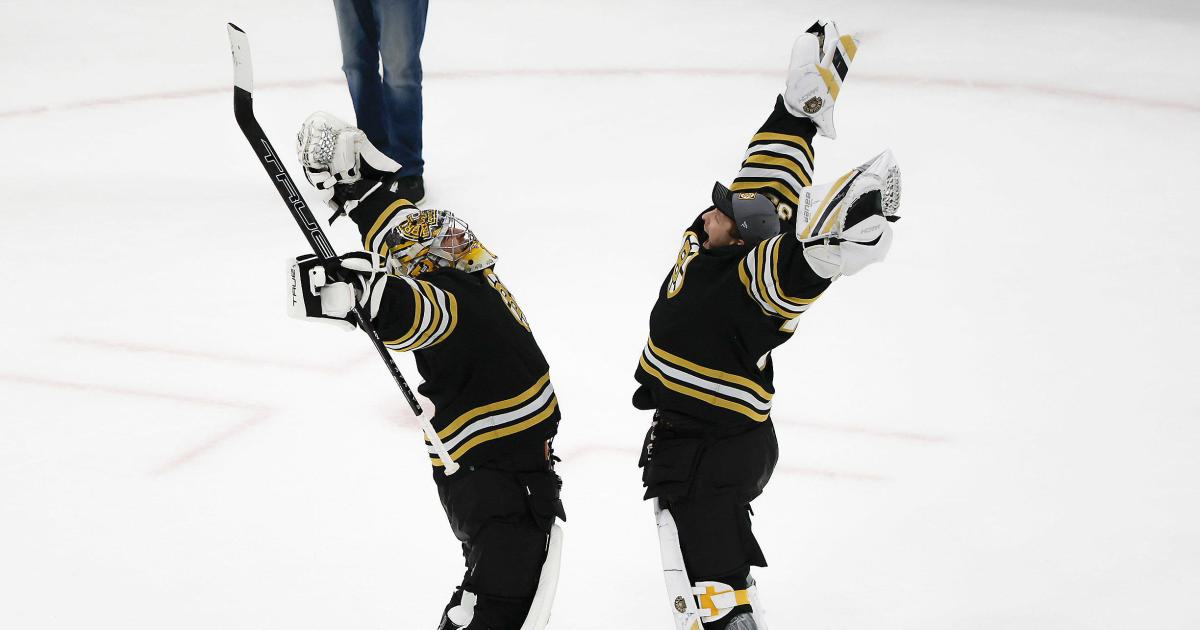Tom Brady, Bill Belichick Not Sure What Happened With Game Clock Late In Win Over Cowboys
By Michael Hurley, CBS Boston
BOSTON (CBS) -- It's not often that you see the Patriots commit a blatant goof. They have been and continue to be the most prepared NFL team in just about any situation.
So, when the Patriots failed to completely kill the clock late in Sunday's win over the Cowboys, the apparent gaffe certainly stood out.
It ended up not mattering much, as Michael Gallup was swarmed by the Patriots' defense on the Cowboys' final play from scrimmage, but it was nevertheless a unique situation that played out in Foxboro.
"I don't know. I couldn't figure it out. I've never seen that before," Tom Brady said when asked why the clock didn't tick down to zero on his final snap, on which he threw the ball as high as he could to drain the final five seconds. "It was still up in the air when they stopped the clock, so I don't know. Everyone says a Patriot gets advantages -- I don't know about that."
While it initially appeared as though the Patriots misjudged how much time they could drain after picking up a first down, a rewatch of the game shows some odd mechanisms in play by the game clock operator.
The first instance came after Sony Michel picked up a first down with a 12-yard run. He was tackled with 1:33 left in the fourth quarter, and Dallas then took its second timeout.
That's when things got a little weird.
The Patriots came out in a victory formation. Brady took a snap and hesitated for a second before dropping his knee to the ground. Despite that, no time ticked off the game clock, which stayed at 1:33.
Dallas then used its final timeout, and when Brady jogged in from the sideline, the clock had been adjusted to 1:32.
The Patriots at that point realized that kneeldowns would not take enough time to get the game clock down to zero, so they ran a rushing play. When Michel was tackled at the end of that play, the 40-second play clock began with 1:26 left to play. The Patriots thus knew that if they could take the play clock all the way down to one second, they could run a play that took about five or six seconds. Then, they either wouldn't have to snap the ball on fourth down or they could run the clock out with a pass through the end zone.
But they didn't do that. Instead, the Patriots opted to take another knee, with Brady dropping immediately to the ground after taking the snap with 1 second left on the play clock.
While that kneeldown didn't give the Patriots the luxury of not having to snap the ball on fourth down, Belichick explained a day later that based on the conditions and the situations, taking a knee was the right call.
"We knew it was going to come down, we knew it was going to be close there with Dallas using their remaining timeout. And with the amount of time we had left, whether we try to run plays or just not risk ball handling in the conditions, or getting the ball potentially stripped or punched out or anything like that. We felt like taking a knee was the safest way to go," Belichick said.
So, smartly, after calling a timeout at the expiration of the play clock, the Patriots ran a play that had Brady throwing the ball high into the sky to waste the remaining 5 seconds and end the game.
And it did take almost 6 seconds for the ball to leave Brady's hands and slide through that Marine's outstretched arms. Yet for some reason, the clock stopped at 1, thus giving possession to Dallas for one last desperation play. The whistle blew and the clock stopped seemingly at the moment that the ball went out of bounds, not when it came down.
A day after the game, Belichick didn't have much of an explanation for what happened.
"I mean, I wasn't paying close attention to the clock. That's the clock operator's job. There's really nothing I could do about that," he said. "On the final play, I mean, my expectation was that that play was going to take 5 seconds. Only 4 ran off. I'm not sure exactly what happened on that. I know it's not more than 5. Certainly, it could be less than that. So I'm not sure exactly. I think you'd have to ask the league how they officiated that play and how exactly the timing worked."
Belichick added: "We thought that play would end it, but it didn't. ... I don't have a great explanation for that. I think that's something that would have to come from the officials."
In this instance, the clock operation didn't have an effect on the final outcome of the game. And in a game where two rarely called tripping penalties were assessed to the Cowboys, this was hardly the most controversial moment of the game.
Nevertheless, in our everlasting journey to try to understand the way that NFL rules are applied, the lack of ticking on that clock late in the game was an interesting event.
